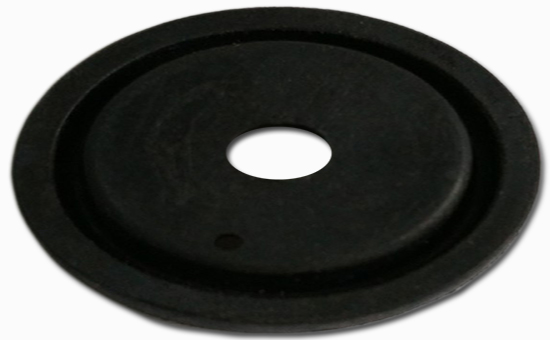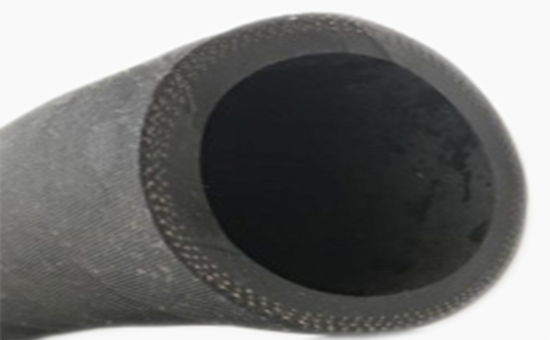Nitrile reclaimed rubber has excellent oil resistance. It can be used alone or in combination with nitrile rubber to produce various oil-resistant and shock-absorbing rubber products, effectively reducing raw material costs and power consumption. In actual production, the peroxide-vulcanized nitrile reclaimed rubber has better heat and oxygen aging performance, and dicumyl peroxide (DCP) is more common; after the vulcanization is completed, the tensile strength of the DCP nitrile vulcanizate is higher , The tensile stress is higher, the compression set is lower, the dynamic fatigue performance is excellent, but the tear strength is lower.
1. Reasonably determine the amount of DCP
When nitrile reclaimed rubber or nitrile rubber/reclaimed rubber is vulcanized with dicumyl peroxide, the amount of DPC is generally controlled among 1.5-2 parts. The amount of DCP in nitrile rubber with high acrylonitrile content can be appropriately reduced. Under special circumstances, the amount of DCP can also be increased to 5 parts. The nitrile butyronitrile reclaimed rubber vulcanized by peroxide vulcanization has little compression deformation in hot air or hot oil, and has excellent aging resistance in hot air, steam or hot oil, and it is not easy to bloom.

2. Cross-linking aids improve the degree of cross-linking of vulcanizates
When the nitrile reclaimed rubber is vulcanized with peroxide, the appropriate amount of cross-linking aid can increase the degree of cross-linking of the nitrile vulcanizate, thereby improving the comprehensive index of the vulcanizate. In actual production, the commonly used crosslinking aids include triallyl cyanurate 2YLYY1015, quinone oxime and other polyfunctional compounds, polyfunctional polymers and sulfur-containing compounds, etc. The amount is controlled among 1-5 parts . When quinone oxime is used as the crosslinking aid of the nitrile reclaimed rubber peroxide vulcanizate, the heat resistance of the vulcanizate is obviously improved.
3. Selection of other compounding system compounding agents
In actual production, the variety and amount of sulfur, vulcanization accelerators, fillers, softening plasticizers, antioxidants and other compounding agents will affect the vulcanization process and the quality of the nitrile reclaimed peroxide vulcanizate. When peroxide is combined with appropriate amount of sulfur, a small amount of accelerator M, zinc oxide and stearic acid can improve the cross-linking effect; acidic fillers, softeners, and plasticizers affect the cross-linking effect and should be reduced or avoided; Reduce the amount of antioxidants appropriately, and use amines, especially diamines, with caution.

4. Increase the speed of vulcanization and crosslinking
In actual production, appropriately increasing the vulcanization temperature can further accelerate the crosslinking speed of the nitrile reclaimed rubber peroxide vulcanizate.
When nitrile reclaimed rubber or nitrile rubber/reclaimed rubber is used for peroxide vulcanization, the rubber product manufacturer must reasonably select the compounding agents in the formula and determine the dosage of the compounding agent. The follow-up editor will continue to share with you Specific selection techniques for other compounding agents of nitrile reclaimed rubber peroxide vulcanizate.
Exclusive original article [commercial authorization] reprint, excerpt and excerpt in any form are prohibited without written authorization. Focus on Hongyun rubber: learn the process formula and raw material technology of producing rubber products from recycled rubber to help you reduce costs and increase profits